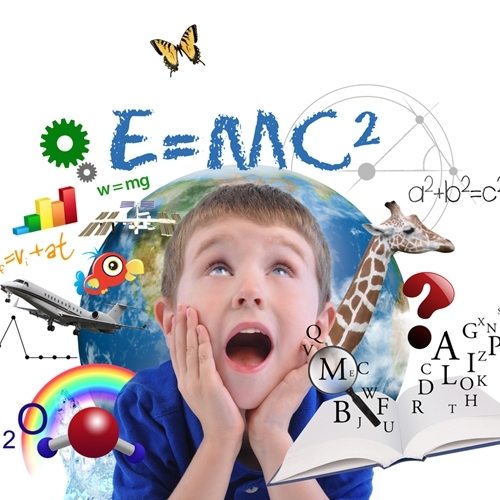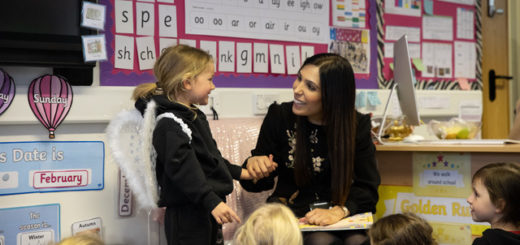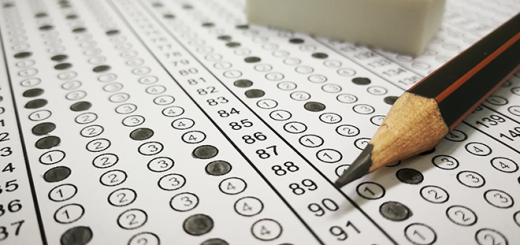Is my child gifted?
When most people hear the word “gifted” their first assumption is that the child is a bright shining star, academically and physically advanced, well rounded, popular, happy and settled, doing very well in school.
The reality is very different. Gifted children often feel left out and alone because their peers find it difficult to understand the depth of knowledge they display on a topic of interest. Social communication and integration is difficult and they struggle as children (especially in the younger years) move away from them in the playground. They have an innate and very strong sense of fairness and justice and this can impede their social progress in a playground setting. They often want to lead play and want the game to have complicated rules and fit in with their vivid imagination that only a similar child will understand. Their peers who generally at this age are quite happy to play a game making up the rules as they go, find this difficult and uninteresting and don’t want to be subject to a lengthy discourse, so they move away, leaving the child feeling more helpless and upset and isolated.
This can in turn lead to lonely, withdrawn children or children who become an easy target for playground bullying, or even into aggression as the child struggles to cope with the situation. If not dealt with, the child can very easily become depressed and anxious as they get older and struggle with much bigger issues.
Thankfully, most schools have excellent SENCOs and educational psychologists who can deal with this kind of situation and offer parents and the child strategies and therapy that will go a long way in helping the child cope and become more accepted and able to form social relationships more easily.
Another fact to remember is that “gifted” children or rather “children with high learning potential” are also generally more sensitive, have sensory issues and sometimes speech delays in early childhood. This will be covered in detail in another post.
For now, I have attempted to set out a check list of sorts published by an organisation called Potential Plus ( http://www.potentialplusuk.org/). They are an excellent organisation and should be contacted if you feel your child fits in with the criteria below. They provide an assessment and strategies for you and the school and are always on hand to help with any queries you might have.
They also have a detailed note on the subject which can be read at http://www.potentialplusuk.org/file_upload/factsheets/PA102.pdf.
Children with a high learning potential are often
able to learn quickly
have an excellent memory
have a rich vocabulary
have a long attention span
are avid or early readers
persevere when interested
have a wide range of interests
are good at puzzles
reason well
are good with numbers
show compassion
are perfectionists
are intense and morally sensitive
are emotionally very sensitive
strong curiosity
high energy levels
prefer older companions/adults
have a quirky grown up sense of humour
are very concerned with justice and fairness
tend to question authority
have judgement that is mature for their age (at times)
are highly creative
are keen observers
have a vivid imagination.
If your child displays some or all of these characteristics, you may find that taking them in for an assessment at Potential Plus may help both you and the school to make sure that your child is understood, extended academically (to avoid boredom) and included at play time. This will certainly lead to a happy child who enjoys school. Bear in mind though that some schools are more open to external reports than others. It may be worth while having a chat with the school SENCO if your child is having difficulties academically or socially. The earlier the better.










